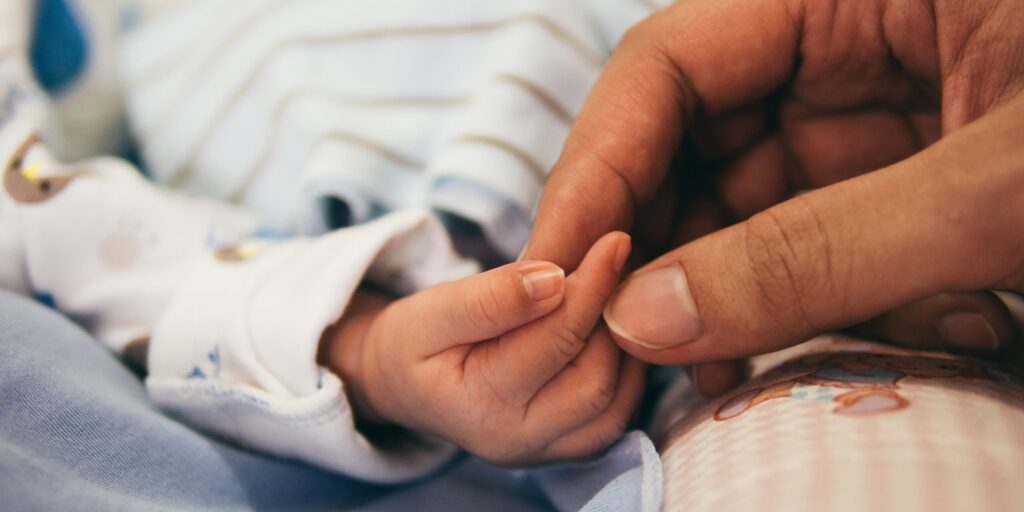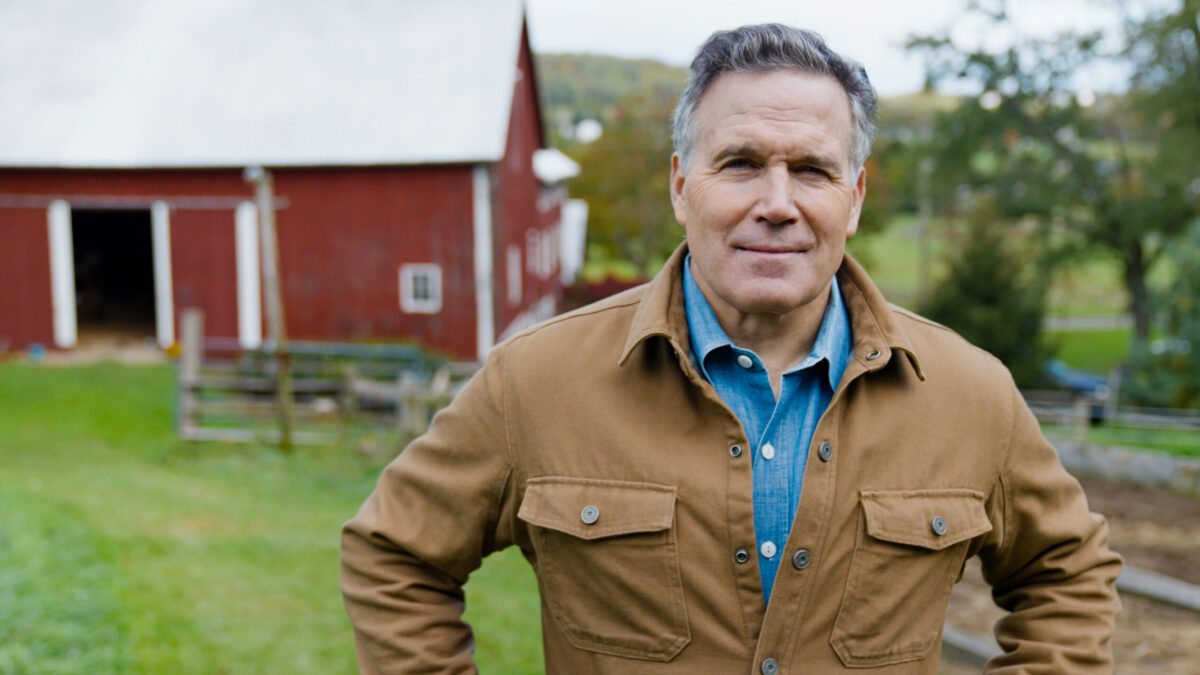Christine Flowers: There’s no conflict in supporting capital punishment and being pro-life
The two great debates of my lifetime have been the following: “Is it gravy or sauce” and “Can a pro-lifer support the death penalty.”
The first one is more controversial in my family, because there are differing opinions depending upon the generation.
The older women insist that it is only gravy if you simmer some sort of meat in the pan before dumping in the canned tomatoes — and in the case of the purists, tomatoes from grandpop’s garden — while a meatless concoction is sauce.
Others from Gen X to the present say that there is no difference and the only people who make a big deal out of it need to get a life. I fall somewhere in between, which is ironic since I can’t make either of them.
The second conundrum doesn’t have the philosophical gravitas of the first, but it has always troubled me from the age of eleven.
That was in 1973, when Roe v. Wade was decided and abortion became legal in all 50 states.
When the decision came down, I was sitting in a classroom in my small Catholic girls’ school in the suburbs of Philadelphia.
The nuns, who belonged to the Sisters of Mercy, asked us to pause and say a moment of prayer for the babies.
From that moment on, I knew which side I was on. I was on Team Baby, all the way. That hasn’t changed in over a half century, and I have called myself pro-life in every biography that someone has asked me to provide for a public appearance, in every social media profile, and pretty much everywhere I’ve had an opportunity to express that view.
Who am I kidding? It’s not a “view.” It is my north star, my moral center, the thing around which I have built my identity.
It is also the thing that oriented me towards immigration law. To me, helping the most vulnerable, whether they are children in utero or persecuted refugees is the exact same thing.
I’m pretty much on the same page as the pope. I’m talking about the new one, the American, the White Sox fan and, this is the best part of all, a Villanova grad.
I root for the same college team as the holiest man in the Catholic Church. I hope we get seated at the same table at some future alumni dinner.
Except I learned the other day that the pope thinks I can no longer call myself pro-life if I’m in favor of the death penalty.
I suppose that it was always that way, even though I had the good fortune to grow up around Catholic priests who gave you a bit of leeway on capital punishment.
I remember once asking a priest of my acquaintance if he thought that the electric chair was cruel and unusual punishment, and he said that he did.
But then he added, to my surprise, not all forms of capital punishment were morally wrong. He said that while we should never willingly make a human being suffer, there was some grounding in Scripture for what essentially was the “eye for an eye” theory.
He was reading from the Old Testament, or as I call it, the original, not the sequel.
I couldn’t tell if he was being serious or not, but that conversation led me to wonder whether the whole idea of the death penalty was skewed.
There is no question that an unborn child has done nothing wrong, and is innocent of any sin or crime.
Similarly, people who are fleeing persecution need protection, compassion and care.
But murderers? Cold-blooded sociopaths? Child rapists? Serial killers? People who ambush cops? People who set bombs at abortion clinics? People who target health care CEOS and conservative activists? People who mow down kindergarten students in their classrooms before Christmas? People who kill their spouses so they can avoid alimony? Those people?
When the pope came out and essentially said that I am not pro-life if I look at the life of one of these miscreants as being of lesser value than that of a Christian being persecuted in the Middle East or a child with Down syndrome who would inconvenience his pregnant mother, I have to think he was watching a bit too much MSNBC, or the Vatican equivalent.
All of this kumbaya about how even the worst sinner has value is nice enough when it’s not your family that has been victimized. It’s very politically correct and makes you look like a wonderful person, but it ignores human reality.
There is no through line between abortion and the death penalty. One kills innocent life. The other balances the eternal scales of justice.
I am quite sure that this column will not sit well with the sort of Catholic who thinks that vengeance has no place in our hearts. Those readers, and those Catholics, are missing the point.
Capital punishment is not vengeance. It is not even unconstitutional. It is the recognition that there are certain crimes that require the forfeiture of your life, in order to provide some balance to society.
A civilization that looks at murderers in the same way that it looks at refugees and innocent children is not … civilized.
So while I am a fan of the pope, and while he is making me proud to be a Wildcat, I’m going to have to have a conversation with him the next time he shows up at an alumni function.
One where they will hopefully be serving gravy.
This article was originally published in the Delco Daily Times.
Christine Flowers can be reached at cflowers1961@gmail.com.




It all hinges on innocence. a convicted murderer is not innocent.
Perfectly said, and I agree, of course 😉
Those who hold that society is not capable of rendering justice by executing the truly evil of the world are not the survivors of the victim. They attempt to endow the perpetrator of the crime with forgiveness, forgetting that as a bystander, they have neither the right nor the agency to forgive on behalf of the victims. For those who claim a moral high ground by opposing capital punishment and then mix it into arguments for/against pro-life, a German theologian stated that when confronted by evil, doing nothing is in itself evil. I think that applies to both capital punishment and pro-life. One thing i have noticed about the capital punishment debate is that it never seems to include the concept of life in prison being in its own way cruel. If you have ever read a description of a maximum-security prison, you can see why the prisoners over time become insane.
There’s the argument that pursuing death penalty cases are more expensive than life imprisonment based on endless high cost appeals granted.
My opinion is that a guilty perpetrator of murder: by taking a human life, you have lost your right to any basic human rights. The justice system is far from perfect, but as a famous comedian has said, If you are convicted of murder and the prosecution has 3 solid character eyewitnesses
to the crime, you get into the express lane for a lethal injection. Side note: I see no correlation on this discussion to defending migrants.
If you want to understand why the current Pope believes direct and intentional killing (of any sort) is gravely sinful, perhaps read the Catechism.
In 1986 Pope John Paul II appointed a Commission of Cardinals and Bishops to develop a compendium of Catholic doctrine. In 1989 the Commission sent the text to all the Bishops of the world for consultation. In 1990 the Commission examined and evaluated over 24,000 amendments suggested by the world’s bishops. The final draft is considerably different from the one that was circulated in 1989. In 1991 the Commission prepared the text for the Holy Father’s official approval. On June 25, 1992 Pope John Paul II officially approved the definitive version of the Catechism of the Catholic Church. On December 8, 1992 Pope John Paul II promulgated the Catechism with an apostolic constitution.
If you are a self-described Catholic, it could be a good idea to brush up on it.
“The dignity of a person is not lost even after the commission of very serious crimes. In addition, a new understanding has emerged of
the significance of penal sanctions imposed by the state. Lastly, more effective systems of detention have been developed, which
ensure the due protection of citizens but, at the same time, do not definitively deprive the guilty of the possibility of redemption.
Consequently, the Church teaches, in the light of the Gospel, that ‘the death penalty is inadmissible because it is an
attack on the inviolability and dignity of the person’, and she works with determination for its abolition worldwide.”
How does that position square with the concept of a just war? By definition, war is an attack on the inviolability and dignity of the person. How would this doctrine apply to those who fought in, let’s say WWII, would they not be transgressing on an individual’s possibility of redemption? Would the soldiers not have committed an irredeemable sin. Since the doctrine is unconditional, it would extend to the evilest people in the world such as Hitler, Stalin, Pol Pot, Mao Zedong, etc. Curious, what is the status of those who do not chose redemption?